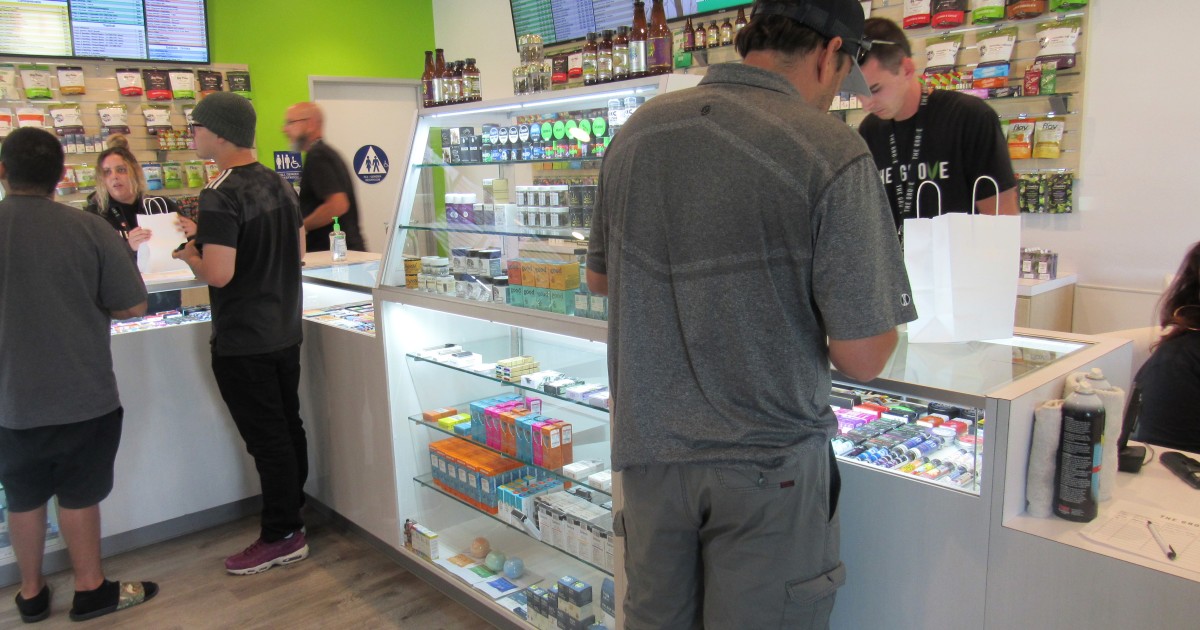There is a hole in the earth the likes of which downtown has not seen in nearly four decades.
A new Pew Research Center poll finds that an overwhelming 91 percent of adults think cannabis should be legal, with 60 percent saying for recreational as well as medical use.
Oregon and Colorado have robust, legal cannabis commerce, and have established ratios of 16.5 and 14.1 cannabis retail stores per 100,000 population, respectively.
The county of San Diego has several medical storefront dispensaries that are provisionally operating under a sunset clause which the county just voted to amend on Wednesday of last week.
Our region is inexplicably slow.
Researchers in 2018 showed property values actually went up in Denver when dispensaries in the neighborhood were converted to allow retail sales, and other studies support this.
Patients suffering from AIDS, cancer, depression, childhood epilepsy and other illnesses have successfully used cannabis for relief and greatly improved quality of life.
After the Marijuana Tax Act of 1937 passed, Mexican Americans were arrested at nine times the rate of White Ameicans for possession of “marijuana.” And so the “war on drugs” and mass incarceration of minorities was born, devastating lives and families for generations.
Yet in two-plus years of legal cannabis sales in the city of San Diego, there has been little criminal activity at legally licensed stores.
According to a 2019 study published in the Regional Science and Urban Economics academic journal, cannabis dispensaries in a Colorado neighborhood are not significant public security risks.
The exceedingly slow pace of cities in San Diego County such as Encinitas, Del Mar and Imperial Beach — which had the three highest voter approvals for Proposition 64 at 65.2 percent, 64.9 percent and 62 percent, respectively — have unwittingly driven the illegal market by dragging their feet on ordinances and permits.
Let’s plan for San Diego’s future by accelerating the economic recovery, cannabis jobs and access our citizens demand.
